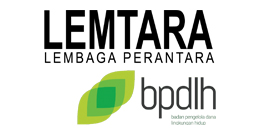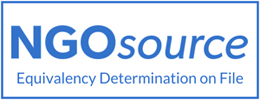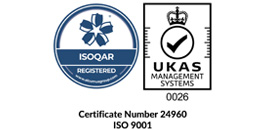Funded by
The David and Lucile Packard Foundation
Document
Grant #2021-72805
Budget
USD 400,000
Period
September 23, 2021 – September 22, 2022
Description
At the time of this program’s development was planned, Indonesia was being labeled by many international media as the new world epicenter for the spread of Covid-19. ‘Emergency’ PPKM (Enforce Restrictions on Community Activities) set from 3 July and still extended to 2 August 2021 and may be re-extended in the form of leveling restrictions depending on the trend that is being monitored. Since early July, triggered by the spread of the Delta variant virus, every day the number of new cases in Indonesia spiked to around 40-50 thousand cases, and in recent days the number of daily deaths due to Covid-19 has exceeded 1,000 people (reaching 2,069 on 27 July).
Observing the current pandemic situation in Indonesia, the basic risk is exposure to the virus itself. However, the most life-threatening risk currently facing is that if exposed to Covid-19, the local health facilities will no longer be able to accommodate and provide emergency and intensive care treatment, due to the limited quality and capacity they have. This condition is exacerbated by the lack of availability and medical support for patients who are self-isolating and the low and slow vaccination rate, especially outside Jakarta and outside Java-Bali.
The severe spike in the transmission of Covid-19 in Indonesia, which was followed by the massive loss of family, friends, neighbors and other closest circles has hit all aspects of Indonesian people’s lives.
There are no exceptions for Indonesian CSOs. Activists are well-known with their work and living patterns that are far from healthy standards, some of them still refuse to vaccinate for ideological reasons, the lack of health allowances, insurance and support that the organization can afford and it is assumed that they only have a small emergency savings that they can use in dealing with the current difficult situation, all of which have making Indonesian activists and their families are one of the groups at high risk of being exposed to and experiencing severe impacts from Covid-19.
At the organizational level, it is clear that the majority of CSOs in Indonesia do not have flexible funds available to respond to emergency needs that threaten staff life and organizational continuation, even to finance PCR tests for staff. Most donors do not allow costs incurred due to the effects of the pandemic to be charged or allocated from the budgets of the projects they support. At the same time, the impact of the pandemic has caused some organizations to have experienced reduced financial resources since last year; some projects have been delayed, freezed or canceled because they could not be implemented as originally planned; and some organizations are starting to find difficulties to finance their basic operational costs.
Funding
This program is supported by The David and Lucile Packard Foundation based document Grant #2021-72805, dated September 23, 2021 with total funding support of USD 400,000




